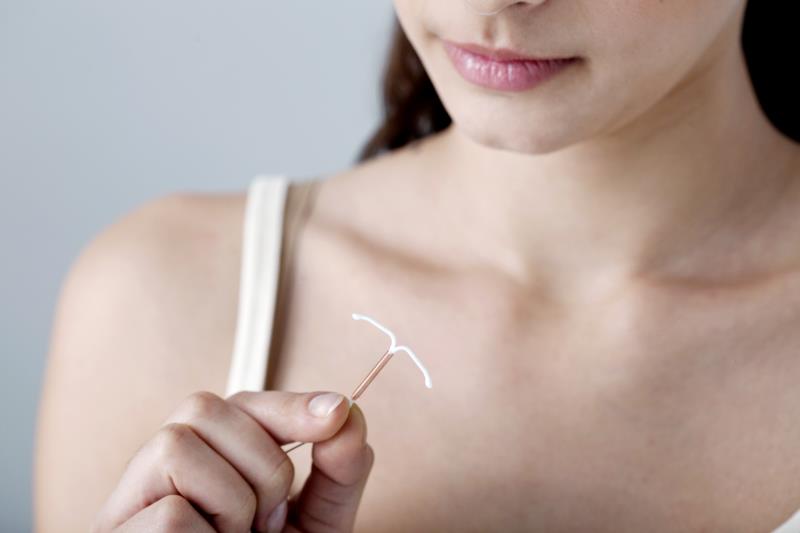
A levonorgestrel (LNG)-releasing intrauterine device (IUD) maintains high contraceptive efficacy up to 6 years — beyond the 5-year period it is currently approved for, according to data from the Mirena Extension Trial (MET) released during the ACOG 2020 Meeting.
“The 52-mg LNG-IUD is one of the most effective forms of reversible contraception available to women, with a failure rate of 1.1 percent over 5 years of use,” wrote Dr Robert Barbieri from the Brigham and Women’s Hospital, Boston, Massachusetts, US, who was unaffiliated with the study in an independent editorial. [OBG Manag 2016;28:8-16]
The Mirena 52-mg LNG-IUD functions as a contraceptive by releasing small amounts of the progestin hormone LNG into the uterus. It is a reversible contraceptive that can be used in women regardless of whether they have previously given birth. It is currently approved for contraception up to 5 years, with indication to replace the device should continued contraception is desired thereafter.
“An interesting question is whether — in certain clinical situations — a single IUD can be used for longer than the currently recommended 5 years,” asked Barbieri.
The phase III, multicentre, open-label, single-arm MET sought to investigate the contraceptive efficacy and safety of the 52-mg LNG-IUD during extended use up to 8 years. The current 6-year analysis presented at ACOG 2020 involved 362 current users aged ≤35 years (mean age 29.4 years, 47.2 percent nulliparous) of 52-mg LNG-IUD, who had been using the IUD for at least 4.5 years at study entry. [ACOG 2020, abstract OP04-1D]
During year 6, one pregnancy had occurred, with a Pearl Index of 0.35 (95 percent confidence interval, 0.01–1.95). The pregnancy was considered of undetermined location, which had occurred while the LNG-IUD was still in place, and eventually resolved without intervention.
Overall, satisfaction levels remained high among the participants over 6 years, with 92.6 percent reported feeling “very satisfied” with the contraceptive device.
“Younger women are at a higher risk of pregnancy while using a contraceptive than older women. Hence, the age of the woman may be an important factor in identifying patients who are the best candidates for extending the time interval before replacing an IUD,” Barbieri suggested.
In terms of safety, treatment-emergent adverse events occurred in 166 women, of which 27 were considered to be related to the IUD.
Based on the findings, the manufacturer has submitted an application to the US FDA to extend the indication of pregnancy prevention for up to 6 years.
So far, the Mirena 52-mg LNG-IUD is also the only IUD that has been approved by the US FDA for treating heavy periods in women who prefer intrauterine contraception as their chosen method of contraception.